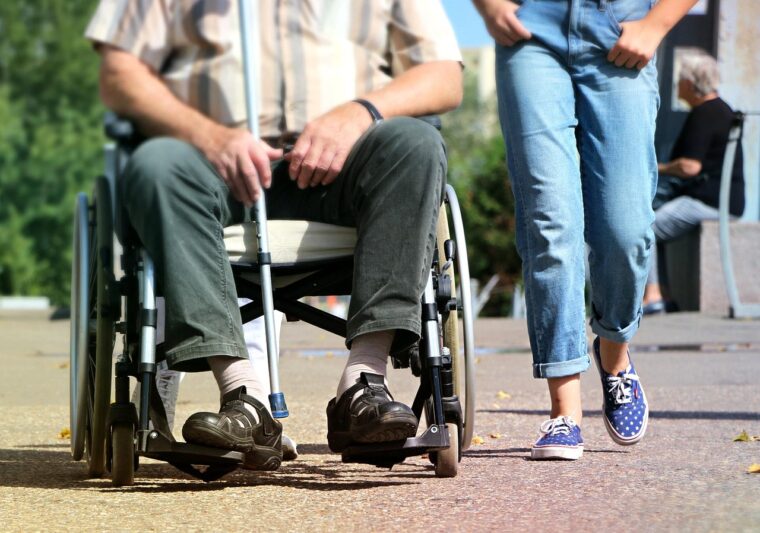
Baltimore will spend a minimum of $44 million over four years to improve accessibility for people with mobility disabilities under a partial consent decree.
The March 31 agreement, stemming from a 2021 class-action lawsuit, enables the city to address urgent accessibility issues, including the installation and replacement of wheelchair-accessible curb ramps and sidewalks, while leaving room for long-term planning.
By July 2028, the city must:
Inspect pedestrian walkways every 10 years.
Address sidewalk obstructions, including overgrown vegetation and street trees.
Notify property owners of their responsibility to fix adjacent sidewalk barriers.
Advocates say these enhancements will significantly help people with disabilities safely navigate Baltimore’s streets. Discussions are ongoing for a comprehensive plan to bring all sidewalks and curb ramps into full compliance with the Americans with Disabilities Act.
Baltimore joins a growing list of cities that have entered into court-enforced agreements to ensure ADA compliance.
In July 2019, New York City committed to a comprehensive sidewalk accessibility plan, including a citywide survey to identify noncompliant curb ramps and a schedule for upgrades.
In October 2020, a federal court ruled the city must install Accessible Pedestrian Signals (APS) at 10,000 intersections over the next decade, ultimately equipping all signalized intersections with APS within 15 years. APS devices provide auditory and tactile signals for visually impaired pedestrians.
In 2015, Los Angeles committed to investing approximately $1.4 billion over 30 years to repair sidewalks and improve accessibility, addressing issues such as broken sidewalks and missing curb ramps.
In March 2021, Boston finalized an agreement to ensure all sidewalk corners comply with the ADA. The city pledged to construct or upgrade about 1,600 curb ramps annually until all pedestrian crossings have compliant curb ramps.
These settlements reflect ongoing efforts by cities to improve infrastructure accessibility and adhere to federal disability rights laws.
Image by svklimkin from Pixabay
The post Federal consent decree requires Baltimore to spend $44M on accessibility appeared first on Government Market News.
